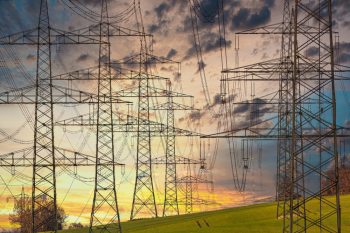Grids
What role will district heating networks play in the future?
Alongside electricity and gas networks, heating networks are the third option for grid-based energy transport. In urban areas, the advantages and disadvantages of heat networks compared to decentralized heat supply must be considered intensively. The planning of heat networks is characterized by high investments, long service life, and comprehensive interconnections with the heat supply. We address this high complexity in numerous publications.
In particular, we consider the following questions:
- Heating networks?
- Do we need plans for dismantling the gas network?











